
TAGTIK NEWS - TO THE POINT
Born on June 19: Chico Buarque; the complexity of Brazilian soul
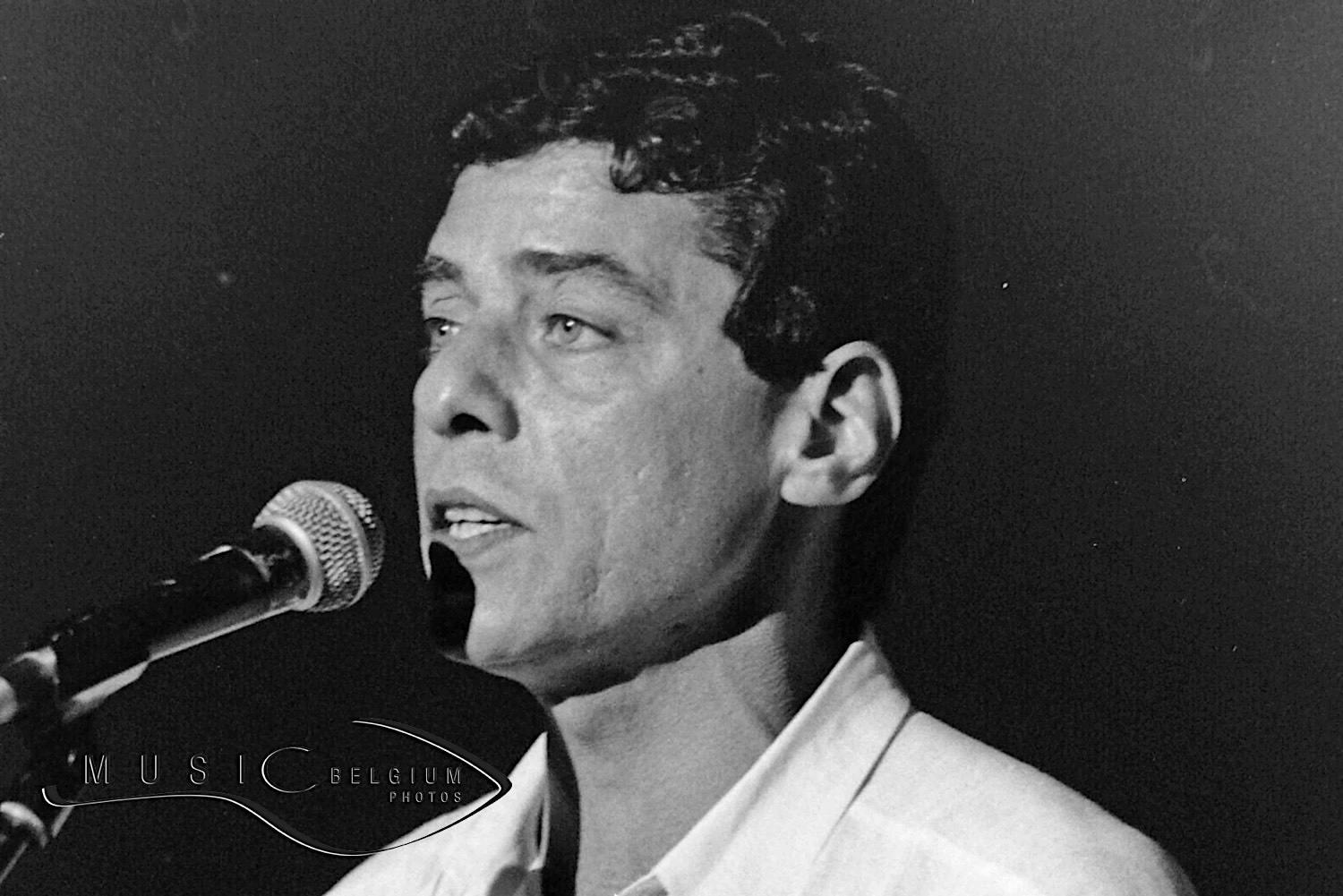
Singer-songwriter Chico Buarque, best known for songs such as “Joao e Maria” and “Calice”, has broadened his writing horizons, and is also highly regarded in his homeland as a writer and playwright. In 1967, under the military dictatorship, his play “Roda Viva” was blacklisted by the generals, forcing its author into exile.
Yet it was merely an allegorical and sarcastic critique of society, in which the authoritarian excesses of the military regime were only part of the story. Gilberto Gil, another singer and fellow fighter, also experienced the same vexations.
By the mid-1960s, with an album entitled “Chico Buarque de Holanda” (his full surname), he had established himself as a major figure in MPB (acronym for “Música Popular Brasileira”), a rich musical genre blending traditional and modern influences.
A true wordsmith as much as he was a notesmith, Chico Buarque distinguished himself by the refined poetry of his lyrics, as well as by his social fiber and political commitment. Under the military dictatorship (1964-1985), he used allegories and metaphors more than anyone else to circumvent censorship. He thus became a symbol of intellectual resistance. Songs such as “Apesar de Voce” and “Cálice” (co-written with Gilberto Gil) have become emblematic of this struggle.
His musical work is marked by great stylistic diversity, integrating samba, bossa nova, choro, jazz and European influences. He is also a successful writer, with works such as “Budapest” and “Le frère allemand” translated into several languages. His very first novel, “Estorvo” (“Embrouille” in French), published in 1991, was adapted for the cinema by Ruy Guerra 2000 and presented at the Cannes Film Festival.
Like many other Brazilian artists (and many more than others), Chico Buarque has had many of his songs translated into French. “O Que Sera? was magnificently adapted by Claude Nougaro as ”Tu verras" and, a few years later, by Nicole Croisille. Others such as Georges Moustaki, France Gall, Pierre Vassiliu and Dalida have also paid tribute to him. The prize for bad taste, however, goes to Sheila, who during the yé-yé era dared to transform the heart-rending “Fueral de um lavrador” (which can be translated as Funérailles d'un ouvrier agricole) into an iconoclastic, bouncy “Oh mon dieu qu'elle est mignonne”. On the credits of the original sleeve, further proof of the lack of respect for the author, Buarque's lavrador becomes a Labrador!
(MH with Stéphane Soupart - Photo : © Etienne Tordoir)
Photo : Chico Buarque sur la scène de Bozar à Bruxelles (Belgique) en avril 1987
LATEST NEWS

Born on January 20: Paul Stanley (KISS) promises not to touch make-up!
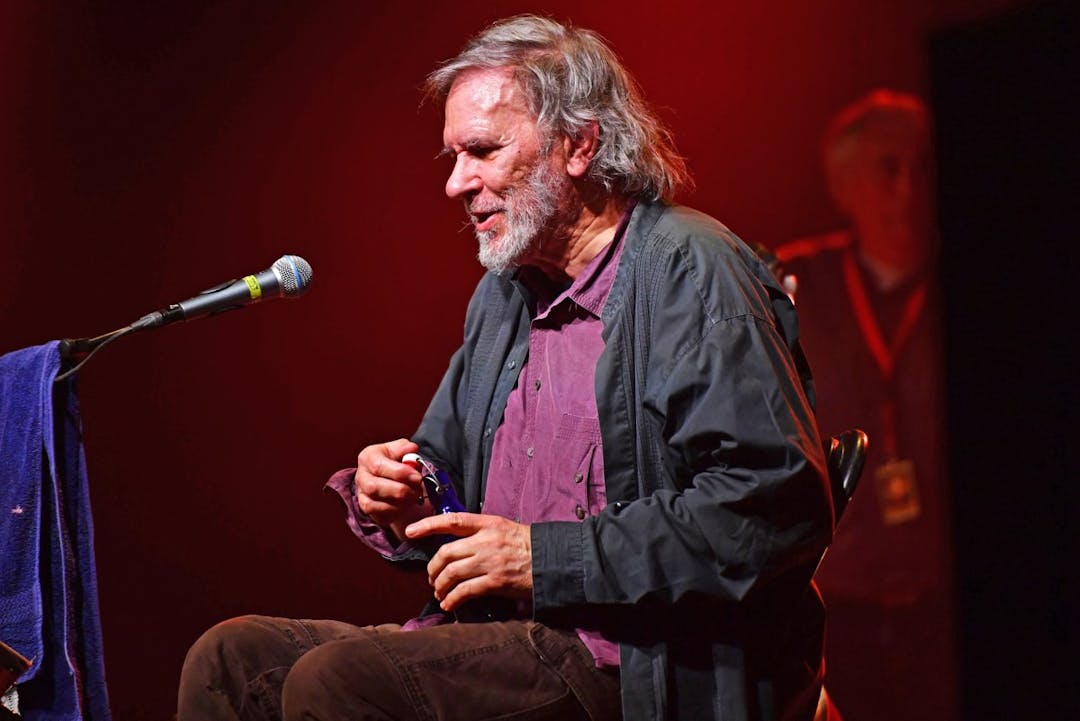
RIP: The legendary Tucker Zimmerman has passed away at the age of 84.
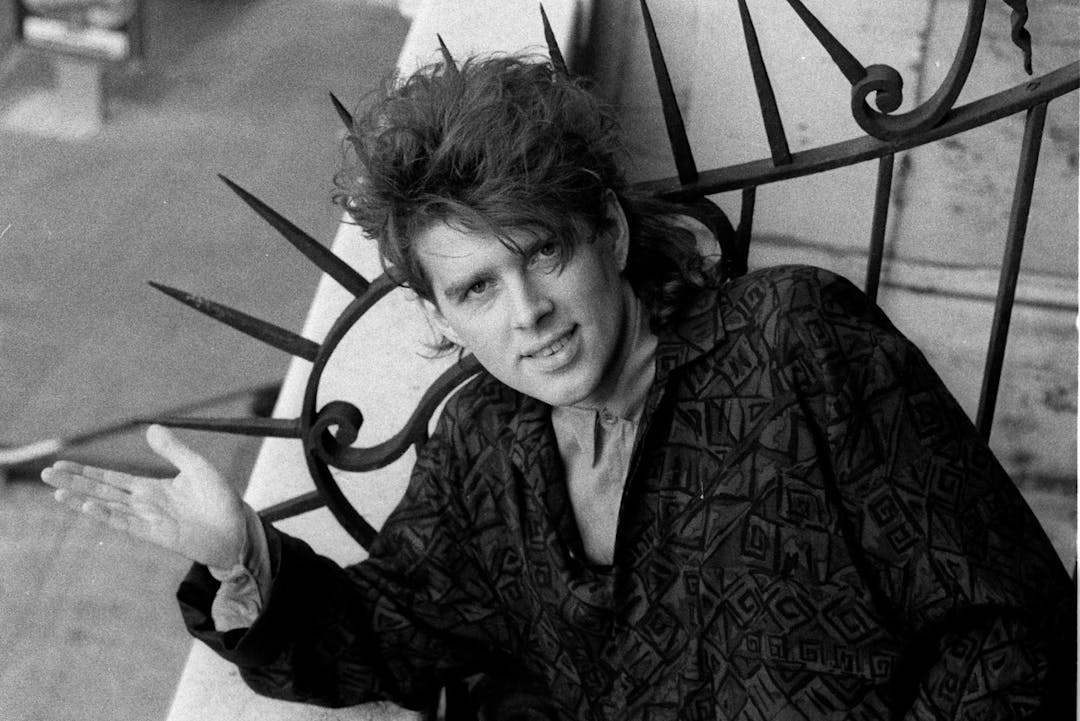
Born on January 18: Tom Bailey (Thompson Twins) always calls his "Doctor! Doctor!"
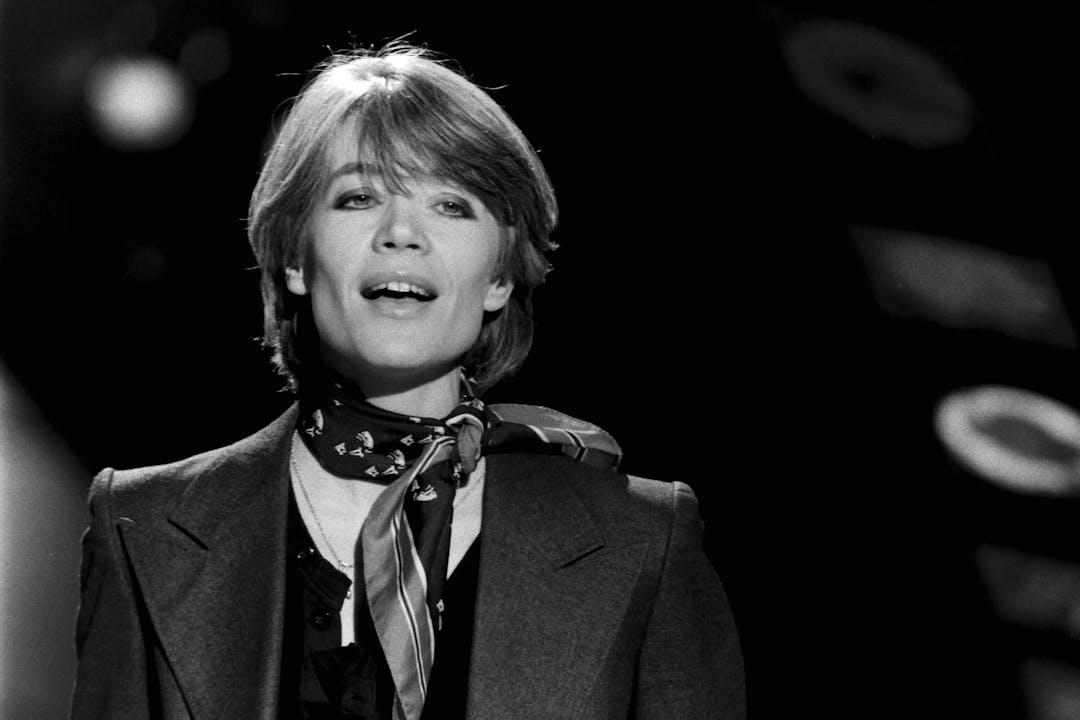
Born on January 17: Françoise Hardy left to find the stars in 2024
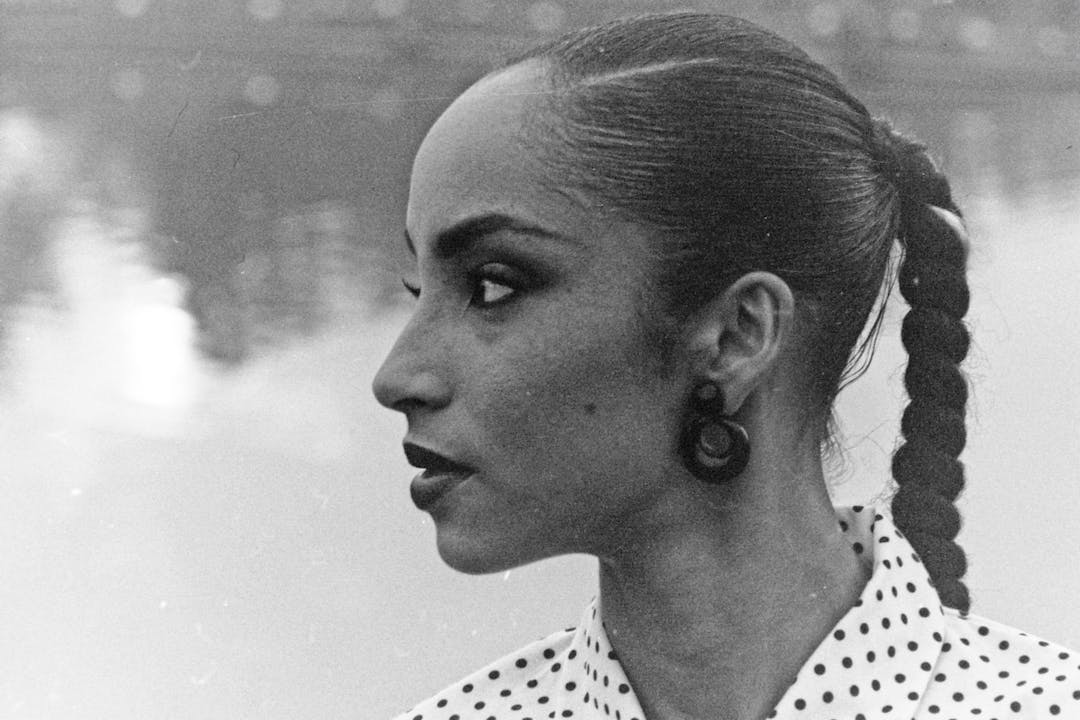
Born on January 16: Sade, the discreet gem of British soul music
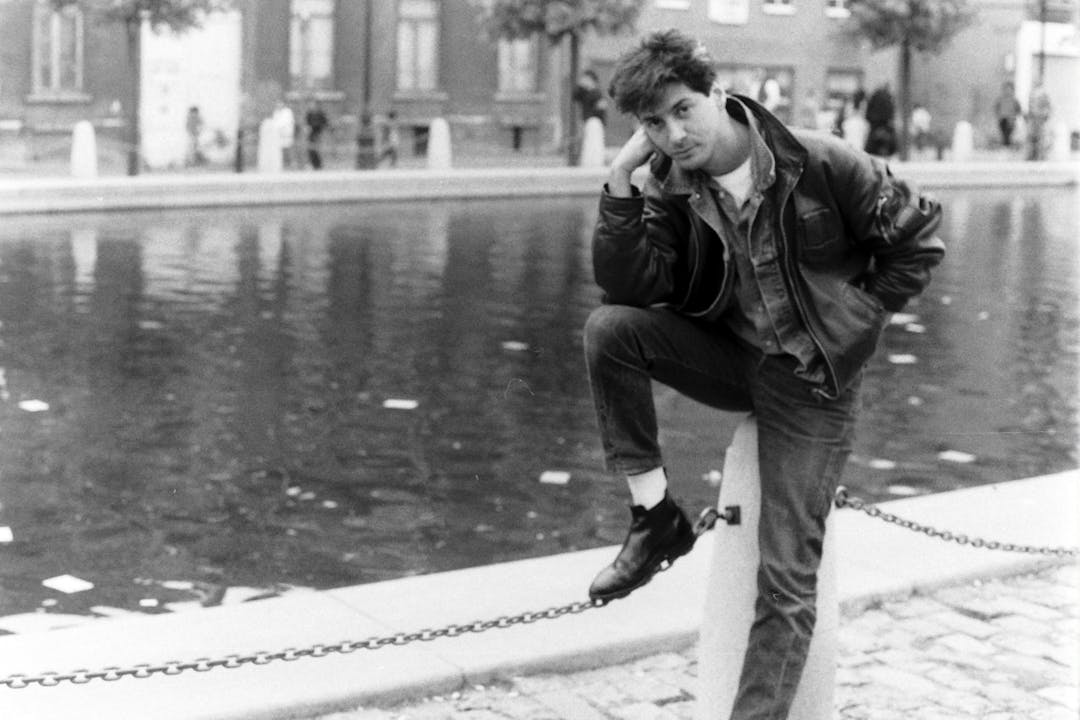
Born on January 14th: Etienne Daho, always full of musical notes...
Quick links